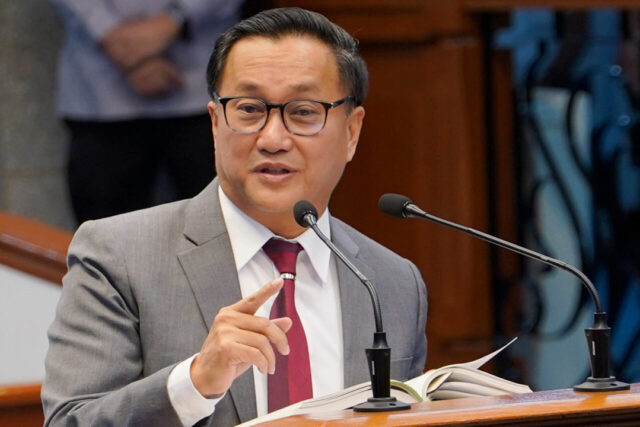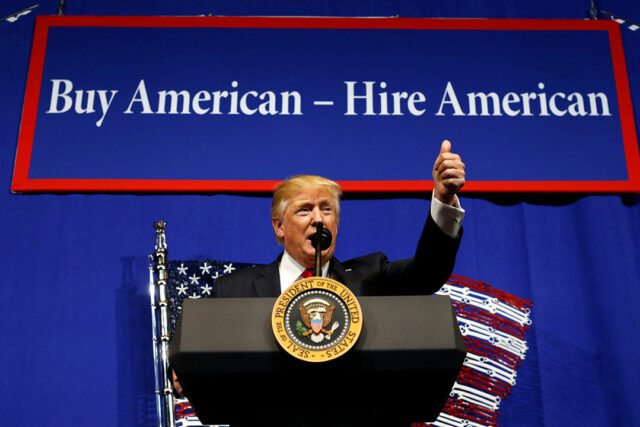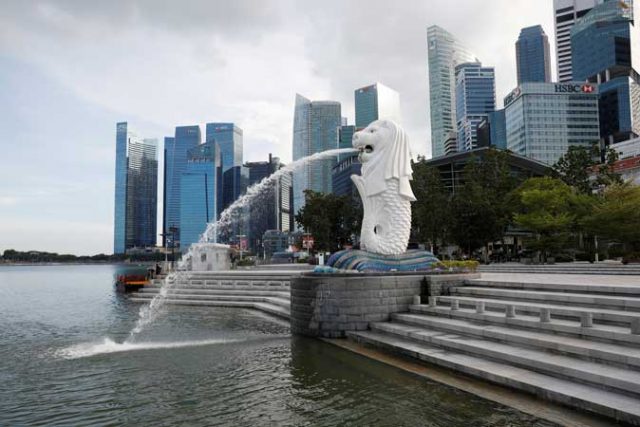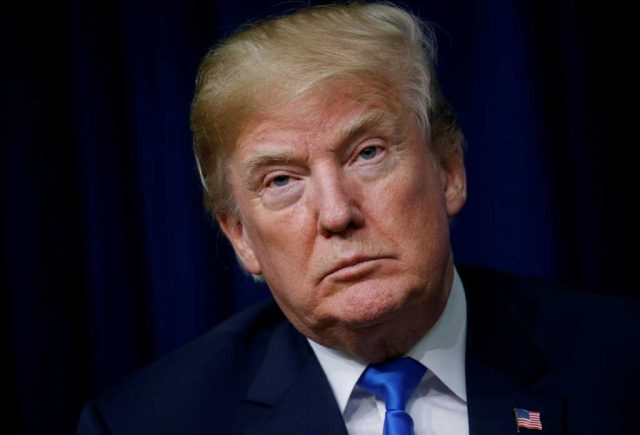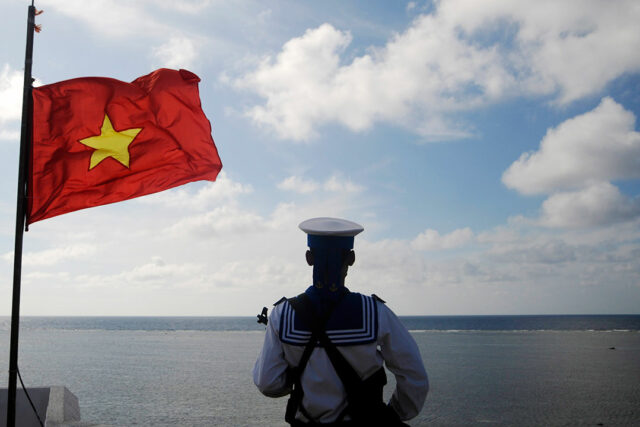VATICAN CITY — When Cardinal Jorge Bergoglio was elected in 2013 as Pope Francis, he was a near total Vatican outsider. He had never been a Vatican official, instead spending decades in local ministry. And he came from Argentina, the first pope from the Americas.
As the world’s Catholic cardinals meet this week to discuss who should succeed Francis, the deliberations may boil down to a simple choice:
Do they want another outsider? Or is it time now for an insider, someone more familiar with the Vatican’s arcane ways of operating?
“Pope Francis… shifted the Church’s attention to the outside world,” said John Thavis, former Rome bureau chief for the Catholic News Service, who covered three papacies.
“Some cardinals will now be tempted to pick an insider, someone with the skills to manage church affairs more carefully and quietly than Francis did.”
Francis, who died on April 21 aged 88, focused much of his papacy on outreach to places where the Church was not traditionally strong.
Many of his 47 foreign trips were to countries with small Catholic populations, such as South Sudan, Iraq and the United Arab Emirates, and he was especially committed to Catholic-Muslim dialogue.
He was also known for giving freewheeling press conferences, where no topics were off the table and the pope might respond to a query with an unexpected quip.
Asked about the Catholic ban on birth control in 2015, Francis reaffirmed the ban but added that Catholics don’t have to have children “like rabbits.”
The late pope’s unusually open style attracted criticism from some Catholics, but also global interest. His funeral on Saturday and a procession through Rome to his burial place at the Basilica of St. Mary Major attracted crowds estimated at more than 400,000.
German Cardinal Reinhard Marx, one of the leading Catholic prelates in Europe and once a senior adviser to Francis, said the cardinals who will meet in a secret conclave to elect his successor would not be looking for a “functionary.”
“We do not need a manager,” Marx told reporters. “What’s essential is that it be a courageous person… People around the world need to be comforted, lifted up.”
Other cardinals are expressing sharp disagreement.
“We need to give the Church back to the Catholics,” Italian Cardinal Camillo Ruini told the Corriere della Sera newspaper.
Ruini, who is 94 and too old to enter the conclave, said Francis sometimes appeared to favour those who were distant from the Church, “at the expense” of devout faithful.
Others argue that it is precisely a more managerial pope that is needed at this time to tackle the Church’s financial woes, which include a widening budget shortfall and growing liabilities for its pension fund.
CARDINALS’ SPEECHES
The cardinals are meeting daily this week to discuss general issues facing the 1.4-billion-member Church before those under the age of 80 enter the conclave on May 7.
As they meet in what are called “general congregations,” individual prelates can offer speeches to give their vision for the future of the global faith.
In 2013, Bergoglio, then archbishop of Buenos Aires, offered a short reflection at one such meeting, saying the Church needed to do a better job of opening itself up to the modern world. This, by many accounts, proved decisive for his election.
“Bergoglio gave the speech which led the cardinals to believe that the Holy Spirit had made its choice,” said Austen Ivereigh, a biographer of Francis who also wrote a book with the pope in 2020.
“The choice that (Bergoglio) gave them, and the proposal for what the next pope should do, just struck them very, very forcefully,” said Ivereigh.
It remains to be seen whether any cardinal can give such a compelling speech this week.
Francis made a priority of appointing cardinals from countries that had never had them, such as Myanmar, Haiti and Rwanda, and many of the roughly 135 cardinals expected to enter the conclave do not know each other well.
They may be looking at Francis as a model and choose another outsider. Or they may look at Francis’ own predecessor, Pope Benedict XVI — a consummate insider who worked as a senior Vatican official for nearly two decades before becoming pontiff.
Mr. Thavis said he thought the large crowds who came to mourn Francis might affect the cardinals’ decision.
“The cardinals witnessed an outpouring of love and respect for Francis,” he said. “It’s one more reason why the ability to connect with people will weigh more than managerial skills as they make their choice.” — Reuters

